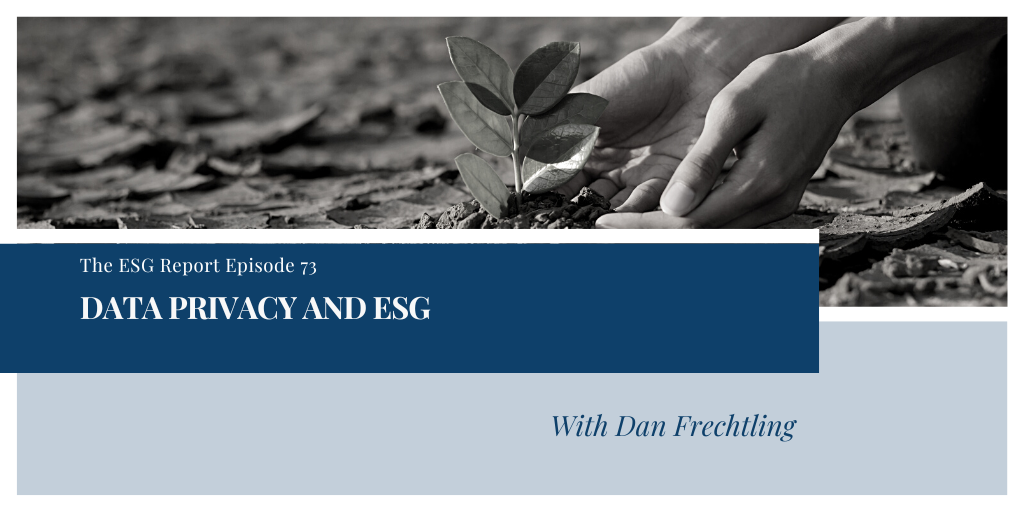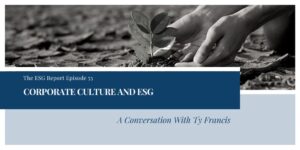Welcome to the award-winning FCPA Compliance Report, the longest-running podcast in compliance. In this episode, Tom Fox welcomes Dottie Schindlinger, Executive Director of the Diligent Institute.
The Diligent Institute, the governance research arm of Diligent Corporation, is on a mission to promote governance excellence by providing valuable resources and support to board members and senior leaders. Through research, thought leadership, podcasts, web shows, and certification programs, the institute addresses topics such as climate leadership, ESG, cyber risk, strategy, and AI ethics. Programs like the Next Gen Board Leaders Program and Director Network software facilitate peer-to-peer networking and board opportunities.
The Diligent Academy offers e-learning certification programs for directors, while the Diligent Forum provides a platform for directors to discuss specific themes with guest speakers. The conversation emphasizes the importance of empowering board members with the right information and insights to make informed decisions. It also discusses the changing role of directors in today’s business landscape, with a focus on digital transformation, cybersecurity, and customer satisfaction. The Diligent Institute aims to be a trusted resource for directors, providing valuable knowledge and understanding of their needs.
Key Highlights
- Diligent Institute: Empowering Board Leaders
- Diligent Academy and Forum
- ESG Momentum
- ESG Views and Director Confidence
- The Changing Role of Directors
Resources
Dottie Schindlinger on LinkedIn
Tom Fox






